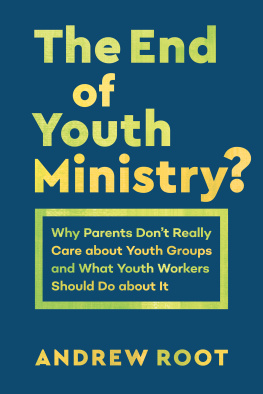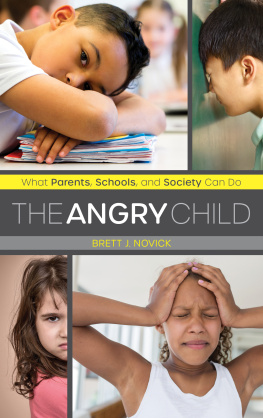Eileen M. Ahlin - Youth Violence in Context: An Ecological Routine Activity Framework
Here you can read online Eileen M. Ahlin - Youth Violence in Context: An Ecological Routine Activity Framework full text of the book (entire story) in english for free. Download pdf and epub, get meaning, cover and reviews about this ebook. year: 2021, publisher: Routledge, genre: Politics. Description of the work, (preface) as well as reviews are available. Best literature library LitArk.com created for fans of good reading and offers a wide selection of genres:
Romance novel
Science fiction
Adventure
Detective
Science
History
Home and family
Prose
Art
Politics
Computer
Non-fiction
Religion
Business
Children
Humor
Choose a favorite category and find really read worthwhile books. Enjoy immersion in the world of imagination, feel the emotions of the characters or learn something new for yourself, make an fascinating discovery.

- Book:Youth Violence in Context: An Ecological Routine Activity Framework
- Author:
- Publisher:Routledge
- Genre:
- Year:2021
- Rating:4 / 5
- Favourites:Add to favourites
- Your mark:
Youth Violence in Context: An Ecological Routine Activity Framework: summary, description and annotation
We offer to read an annotation, description, summary or preface (depends on what the author of the book "Youth Violence in Context: An Ecological Routine Activity Framework" wrote himself). If you haven't found the necessary information about the book — write in the comments, we will try to find it.
This book places youth violence within a Routine Activity Ecological Framework. Youth violence, specifically youth exposure to community violence and youth perpetration of violent behaviors, occur within various contexts. Ahlin and Antunes situate their discussion of youth violence within an ecological framework, identifying how it is nested within four mesosystem layers: community, family, peers and schools, and youth characteristics. Contextualized using an ecological framework, the Routine Activity Theory and Lifestyles perspective (RAT/LS) are well suited to guide an examination of youth violence risk and protective factors across the four layers.
Drawing on scholarship that explores predictors and consequences of youth violence, the authors apply RAT/LS theory to explain how community, family, peers, schools, and youth characteristics influence youth behavior. Each layer of the ecological framework unfolds to reveal the latest scholarship and contextualizes how concepts of RAT/LS, specifically the motivated offender, target suitability, and guardianship, can be applied at each level. This book also highlights the mechanisms and processes that contribute to youth exposure to and involvement in violence by exploring factors examined in the literature as protective and risk factors of youth violence.
Youth violence occurs in context, and, as such, the understanding of multilevel predictors and preventive measures against it can be situated within an RAT/LS ecological framework. This work links theory to extant research. Ahlin and Antunes demonstrate how knowledge of youth violence can be used to develop a robust theoretical foundation that can inform policy to improve neighborhoods and youth experiences within their communities, families, and peers and within their schools while acknowledging the importance of individual characteristics. This monograph is essential reading for those interested in youth violence, juvenile delinquency, and juvenile justice research and anyone dedicated to preventing crime among youths.
Eileen M. Ahlin: author's other books
Who wrote Youth Violence in Context: An Ecological Routine Activity Framework? Find out the surname, the name of the author of the book and a list of all author's works by series.






